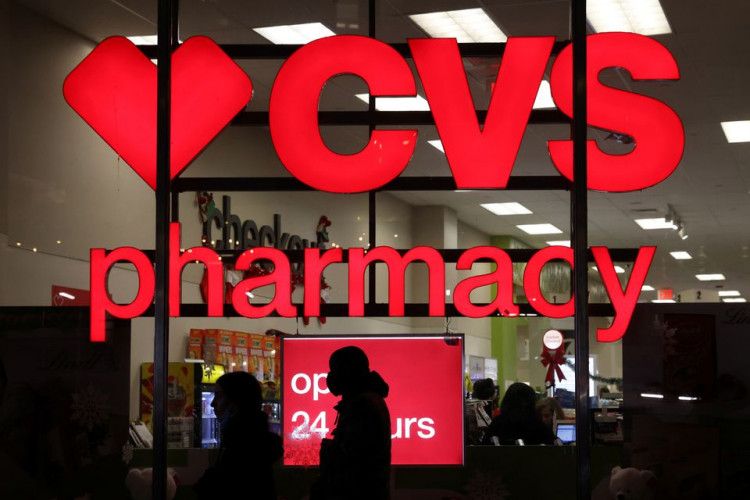CVS Health Corp. is reportedly exploring a potential break-up of its retail and insurance units as the company grapples with increasing investor pressure and a depressed stock price. According to sources familiar with the matter, CVS has engaged financial advisors to assess various options, including separating its pharmacy operations from its insurance business, in a bid to rejuvenate its struggling operations.
The discussions come in the wake of a challenging financial landscape for CVS, which has seen its stock shed nearly a quarter of its value this year. With a market capitalization of about $79 billion and long-term debt of approximately $58 billion, CVS is under significant scrutiny from investors, particularly Glenview Capital, which has been advocating for a turnaround strategy. Glenview's influence was evident in a recent meeting with CVS management, including CEO Karen Lynch, where the future direction of the company was a central topic.
The potential break-up could effectively undo CVS's landmark $70 billion acquisition of Aetna in 2017, a move that was aimed at creating a comprehensive healthcare provider. The discussions are at an early stage, and no final decision has been made, though they reflect the increasing urgency within the company to find a viable path forward. CVS's spokesperson commented, "CVS's management team and Board of Directors are continually exploring ways to create shareholder value. We remain focused on driving performance and delivering high-quality healthcare products and services enabled by our unmatched scale and integrated model."
CVS's decision to consider a split arises from several internal and external pressures. Rising medical costs have heavily impacted its insurance operations, particularly within its Medicare Advantage segment. The insurer has faced difficulties as many Medicare beneficiaries resumed postponed medical procedures following the COVID-19 pandemic, resulting in a surge of claims. The increasing costs associated with this demographic have prompted CVS to reduce its earnings outlook for 2024 for the third consecutive quarter, now projecting profits to fall between $6.40 and $6.65 per share, down from an earlier estimate of at least $7.00.
Adding to the turmoil, CVS recently announced the departure of Aetna's head, Brian Kane, amid concerns regarding the performance of its Medicare business. The company has also initiated a $1 billion cost-cutting plan, which includes the reduction of approximately 2,900 jobs-less than 1% of its workforce. This plan comes as CVS attempts to streamline operations amidst rising costs and lagging profitability.
Market analysts have voiced their concerns regarding CVS's business model, especially in relation to its retail pharmacy division. "While we recognize that the medical insurance and pharmacy benefit manager (PBM) operations are facing challenges, the retail pharmacy stores are likely the long-term weak link for CVS," said Julie Utterback, an analyst at Morningstar. "Unless there is a significant expansion of healthcare services in these stores, a strategic overhaul may be necessary."
The potential separation of CVS's operations raises questions about the future of its pharmacy benefits manager unit, which manages drug benefits for health plans. It remains unclear whether this unit would be integrated with the retail business or remain part of the insurance segment if a split were to occur.
Despite facing headwinds, CVS's pharmacy and consumer wellness division reported year-over-year sales growth in the second quarter, partly due to an increase in prescription volume. However, challenges remain as falling reimbursement rates for prescription drugs and declining in-store sales-down approximately 4% from the previous year-have weighed heavily on overall performance. CVS is banking on its private-label products to attract budget-conscious consumers amid rising inflation.





